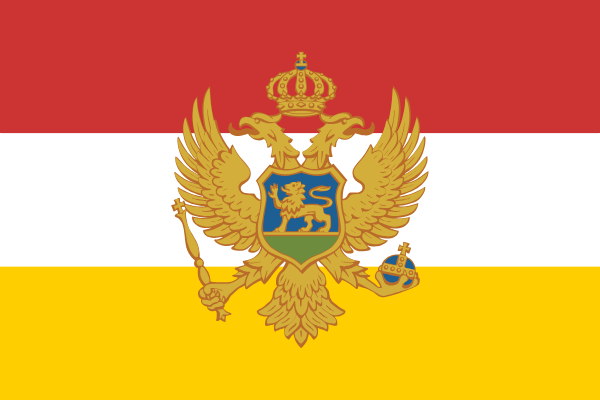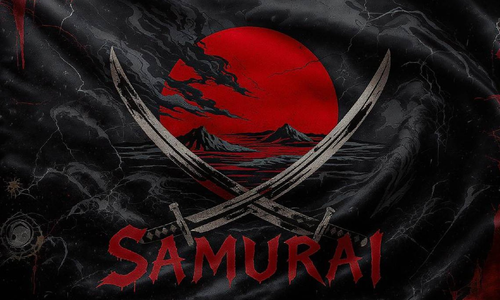| History: |
Founding and Early Development (1624-1700)
The Kingdom of Srusch was founded in 1624 by Prince Viktor Drakov, an East European noble who sought to escape political strife in Europe. Leading a group of settlers, Prince Viktor established a fortified settlement on the west coast of Southern Africa, which he named Drakovhaven. The settlers, all of East European descent, faced a harsh climate and occasional conflicts with indigenous tribes but persevered through strategic alliances and resilient leadership.
In 1630, Prince Viktor declared himself King Viktor I of Srusch, formally founding the absolute monarchy. His reign was characterized by efforts to stabilize and expand the kingdom. Under his leadership, the settlers developed agricultural practices and built the foundations for a prosperous trading economy.
Expansion and Consolidation (1700-1800)
By the late 17th century, the kingdom, under King Stefan II (reigned 1685-1710), had begun to expand its territory. King Stefan II pursued an aggressive policy of territorial expansion and consolidation, establishing a strong military presence and forging alliances with neighboring regions. This expansion included securing valuable resources and establishing trade routes along the coast and inland.
The capital city, Drakovgrad, was developed during this period. It was designed to reflect the East European heritage of its inhabitants, with grand architecture and fortifications that showcased both their cultural pride and military strength.
The Age of Enlightenment and Industrialization (1800-1900)
The 19th century brought significant changes to Srusch. King Alexei III (reigned 1750-1805) ushered in an era of enlightenment and industrial growth. His reign was marked by the establishment of educational institutions, scientific research facilities, and cultural centers that fostered a thriving intellectual and artistic environment.
With the discovery of rich mineral deposits, King Alexei III encouraged industrialization. Railways, factories, and modern ports were constructed, transforming Srusch into a leading economic power in the region. The kingdom's prosperity continued to grow, making Drakovgrad a bustling hub of commerce and innovation.
Challenges and Reforms (1900-2000)
The 20th century presented Srusch with numerous challenges. King Dmitri IV (reigned 1805-1842) faced increasing colonial pressures from European powers. Through diplomatic negotiations and a strong military, he managed to secure Srusch’s sovereignty with the Treaty of Fortitude in 1825.
King Dmitri IV's reforms modernized the kingdom’s administration and infrastructure, laying the groundwork for future growth. However, the 20th century was defined by global conflicts. During World War I, Srusch maintained neutrality but provided economic support to Allied nations. World War II saw a more active role, with King Vladimir V (reigned 1927-1961) aligning with the Allies and contributing to the war effort.
Post-war, King Vladimir V and his successor, King Ivan VI (reigned 1961-1995), focused on rebuilding and modernizing Srusch. The latter's reign saw advancements in technology, economic diversification, and social reforms. The kingdom adapted to the changing global landscape with a focus on innovation and sustainable development.
The Contemporary Era (2000-Present)
In 2100, King Deo I ascended to the throne at the age of 18, following the death of his father, King Ivan VI. Despite his youth, King Deo I quickly established himself as a visionary leader. His reign has been characterized by a commitment to modernization and preservation of the kingdom’s unique heritage.
Under King Deo I, Srusch has embraced advanced technologies and green energy initiatives. The kingdom has invested in digital infrastructure, scientific research, and environmental sustainability, positioning itself as a leader in these fields. King Deo I's administration has also focused on cultural preservation, ensuring that Sruschian traditions and Orthodox Christian values remain central to national identity.
Modern Srusch
Srusch is a prosperous and culturally unified nation. The population, consisting entirely of Sruschian descent, speaks Sruschian and practices Orthodox Christianity. The absolute monarchy, under King Deo I, continues to play a central role in governance, with the king leading the nation through a period of rapid technological advancement and cultural continuity.
Drakovgrad remains a symbol of the kingdom’s growth and heritage. The city is known for its blend of traditional East European architecture and cutting-edge technology. Srusch’s strategic position on the west coast of Southern Africa, coupled with its strong economy and cultural richness, ensures its prominence in the region and beyond.
King Deo I’s leadership is characterized by a balance between innovation and tradition, guiding Srusch into a future that honors its past while embracing the possibilities of the 22nd century. |














